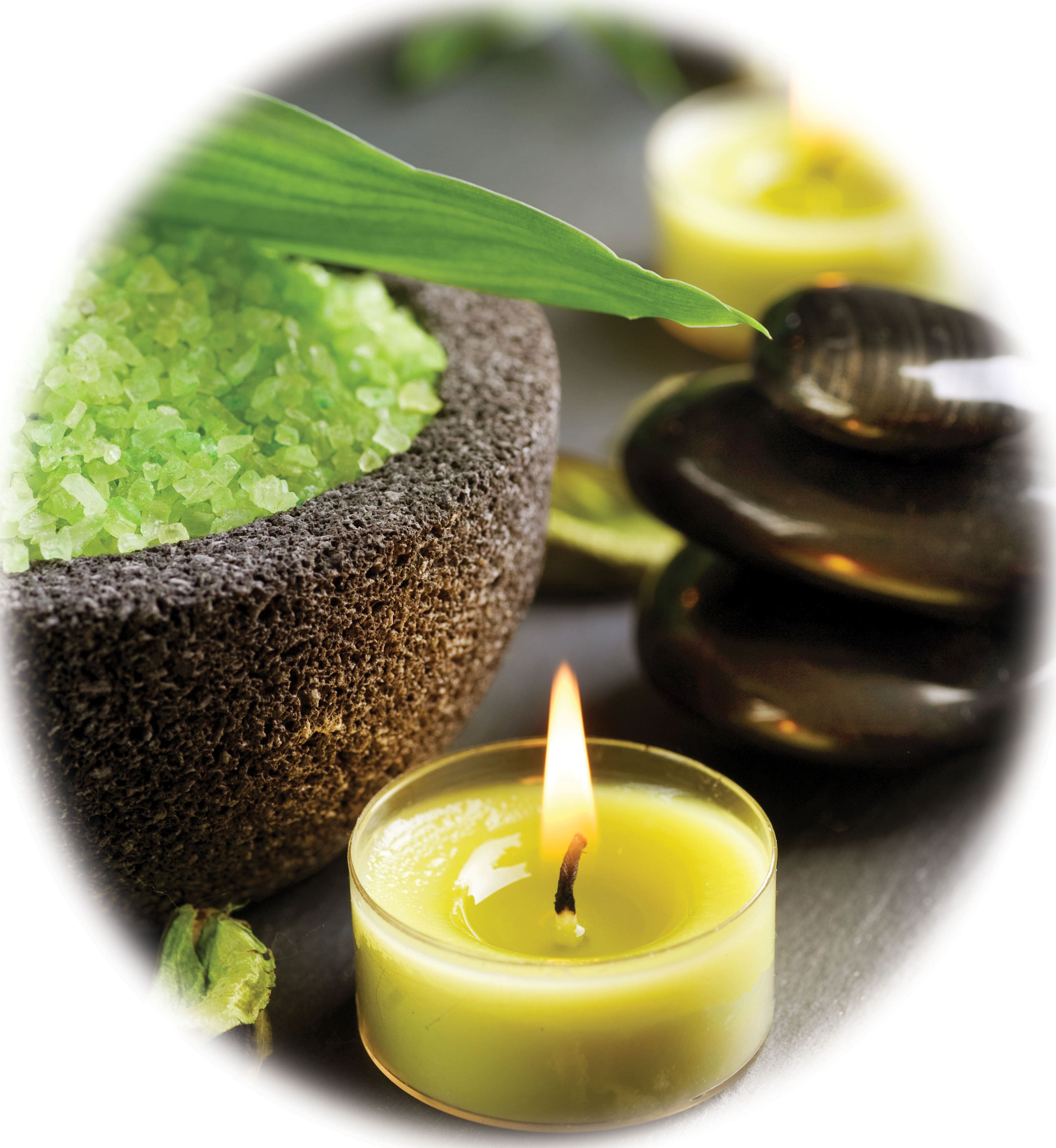Are you able to relax, have fun, and enjoy the simple pleasures of life? Or do you:
- have trouble falling or staying asleep?
- smoke, drink, or eat to reduce tension?
- have headaches, back pain, or stomach problems?
- get irritated or upset over insignificant things?
- have too much to do and too little time to do it?
Nurses are committed, compassionate, and conscientious about caring for patients, friends, colleagues, children, and significant others. Yet many of us have difficulty giving the same loving, unconditional care to ourselves, and we end up caring for others at our own expense. We’re always putting oxygen masks on others, so to speak, while leaving ourselves deprived of the oxygen we need. Some nurses may even think it’s altruistic to care for others but selfish to care for oneself.
I was forced to start taking better care of myself when my mind, body, and spirit stopped me one day and said, “I can’t let you continue.” My typical day began at 4:00 a.m., when I’d wake up and start thinking about what I had to do. I’d get out of bed at 5:30 a.m., shower, grab a quick breakfast, and leave by 6:30.
By 8:00, I was ready to begin presenting my daylong nursing seminars. Midday, I rushed through lunch so I could get back to class before the nurses in my seminar returned from lunch break. By 4:30 p.m., my driver picked me up. By 6:30, I was in my home office reviewing medical records (I’m a legal nurse consultant). By 11:00 p.m., I was in bed.
That was my schedule the week of August 2, 2004. But on August 6 at 10:35 a.m., my life changed in a flash.
Grinding to an emotional standstill
While teaching a critical-thinking workshop with 25 nurses, I became acutely confused and disoriented with memory loss. I was emergently hospitalized at the facility where I lectured, and went through 4 days of extensive neurologic testing, laboratory work, medication therapy, and sleep. When all the test results came back negative, I was diagnosed with sensory overload.
Subsequently, I realized that while I’d been busy growing my business, I’d lacked balance in my life—focusing my attention on meeting others’ needs and running my business. Ultimately, I now see, I lost my identity to my business. I neglected self-care and self-nurturing. I didn’t cherish and love myself first.
Surrendering
So I surrendered. I saw that I could no longer rationalize or continue my unhealthy behaviors, and I sought to find out how to bring my life into balance. As a result, I made permanent changes in my life. I made a commitment to myself.
My sensory overload incident taught me that as nurses, we’re good at managing stress at work, at home, and in our personal lives. In fact, we’re so good we don’t realize when we’re having our own emotional reactions to stress. Stress reactions have become our norm.
To minimize stress and bring my life into balance, I learned and implemented these five essential self-care principles and practices:
1. Accept that self-care isn’t selfish. It’s vital to our happiness and our emotional, physical, and spiritual well-being. I do something for myself every day. I begin and end my day with self-care activities, such as meditation, breathing, Reiki, a StairMaster workout, journaling, t’ai chi, prayer, dance, gratitude, and eating healthy, nutritious meals.
2. Manage time effectively. Time management is essential. I decided to establish Monday-through-Thursday business hours.
3. Learn how to say no comfortably and confidently.
4. Set limits. I came to see my clients’ emergencies weren’t my emergencies; they stemmed from their own failure to manage their time effectively. It wasn’t unusual for my attorney clients to call me on Friday afternoon requesting information they needed Monday morning—which meant I’d have to work through the weekend.
5. Live, love, and laugh every day.
I used my experiences to develop stress management programs and a holistic self-care nursing wellness model to enlighten and empower others to live a happy, joyous life by loving themselves—mind, body, and soul.
No one can do it for you
Self-care means eating healthy foods, improving your sleep habits, gaining more control over your time, getting adequate exercise, managing your stress, dealing with clutter, and learning to say no. It’s about putting yourself first and investing time and effort into your own health and well-being.
No one can do this for you. You have to make the decision to care for yourself—and then do it. You must come to realize you deserve to live a healthy, balanced life. Only you can make that happen. An internal drive born of love and compassion for yourself will empower you to implement self-care practices every day.
Planning self-care
The secret to self-care is planning. Virtually all the self-care changes I’ve made (including giving up fast and fried foods, caffeine, sugar, artificial sweeteners, and chocolate) came from making a plan and sticking to it.
You probably know what you’d like to improve in your own life. If I asked you to name your most important self-care goal, I bet one would come to mind immediately. So why haven’t you done anything to reach your goal? And if you have, why haven’t you stuck with the effort? The three obstacles I hear about the most are:
- “I don’t know how to get started.”
- “I’m too busy.”
- “I can’t seem to follow through with what I start.”
Can you relate to any of these? How about all three? A major barrier I identified was admitting I couldn’t change other people, so I let go of the desire to do this. I can’t change anyone else; nor is it my responsibility to convince anyone to change. The only thing I can change is myself.
Work-life integration
The term work-life balance implies all aspects of your life should be in equilibrium. This suggests we’re constantly juggling to maintain a balance, and a sudden increased demand on one side throws everything off balance.
So I’ve shifted my focus from work-life balance to work-life integration, which implies a synergy among the various aspects of our lives, resulting in more productive energy expenditure. Work-life integration is about combining work and personal life—including family, relationships, and personal growth—in ways that are mutually supportive and rewarding. Work and personal life aren’t independent aspects of life. As nurses, we have to give ourselves permission to have both equally. By examining the role unhealthy beliefs and perceptions play in our lives, we can begin to reevaluate our choices and create a greater integration between our work and personal lives.
Changing your life one step at a time
Once you’ve identified personal barriers to positive self-care, you can start to change your behavior one step at a time. Now is the time to act. Set self-care goals and establish a self-care protocol. Just as with a nursing care plan, use the nursing process as the foundation for this protocol. Then hold yourself accountable. Be creative. Let your inner child have fun by engaging in activities that make you feel good. (See Self-care examples by clicking the PDF icon above.)
I’ve learned self-care is a way of life that enables me to truly love myself and to accept and respect myself for who I am. When I started practicing self-care daily, my energy soared and my mood changed. I developed an inner peace, tranquility, and calmness, plus a clarity of thought I’d never experienced before. I’ve learned self-care equals growth, self-love, and nurturance. I’ve chosen self-care and never looked back. I’ve completely transformed my life and now live a life of balance, joy, happiness, pleasure, and wellness. I love myself mind, body, and soul, every day.
Selected references
Wicks RJ. Bounce: Living the Resilient Life. New York, NY: Oxford University Press; 2009.
Wicks RJ. Overcoming Secondary Stress in Medical and Nursing Practice: A Guide to Professional Resilience and Personal Well-Being. New York, NY: Oxford University Press; 2005.
Smith P. To Weep for a Stranger: Compassion Fatigue in Caregiving. Mountain View, CA: Healthy Caregiving, LLC; 2009.
Click the PDF icon above to learn about the seven elements of a balanced life.
Yolanda G. Smith is a holistic nurse educator; founder and director of Holistic Self-Care: Just for Me; and founder of Workforce Transformation, LLC. Her website is www.Selfcarejustforme.com. You may contact her at Yolanda@selfcarejustforme.com.


















